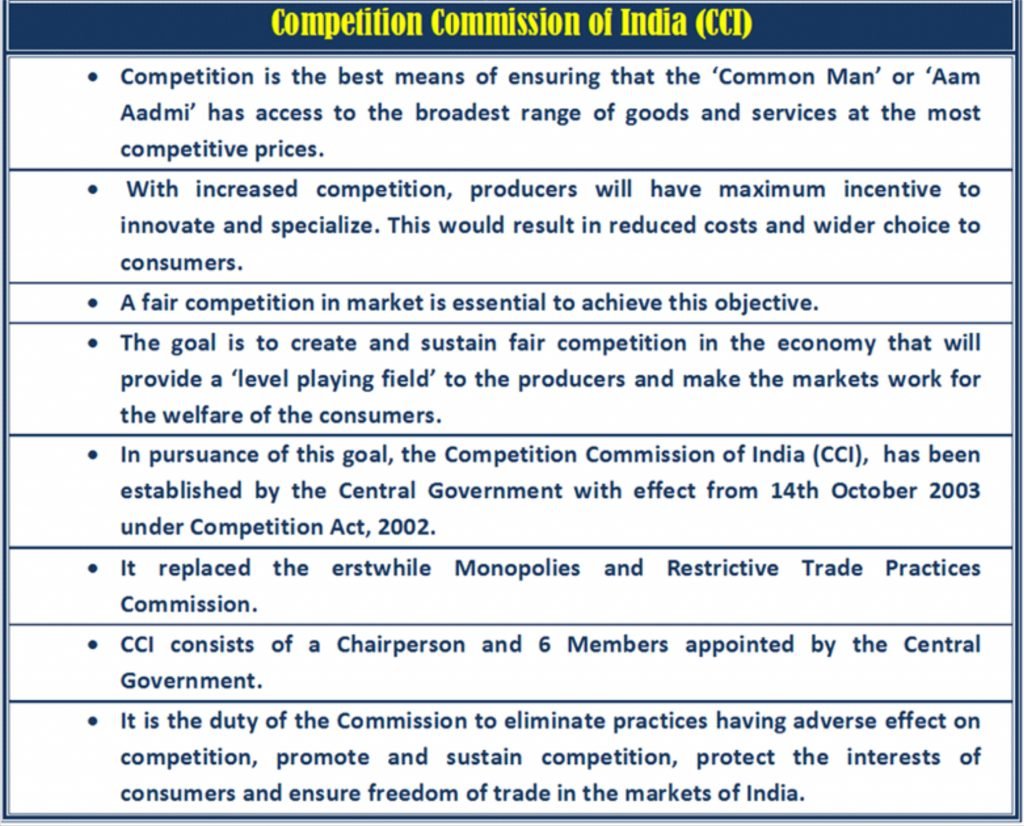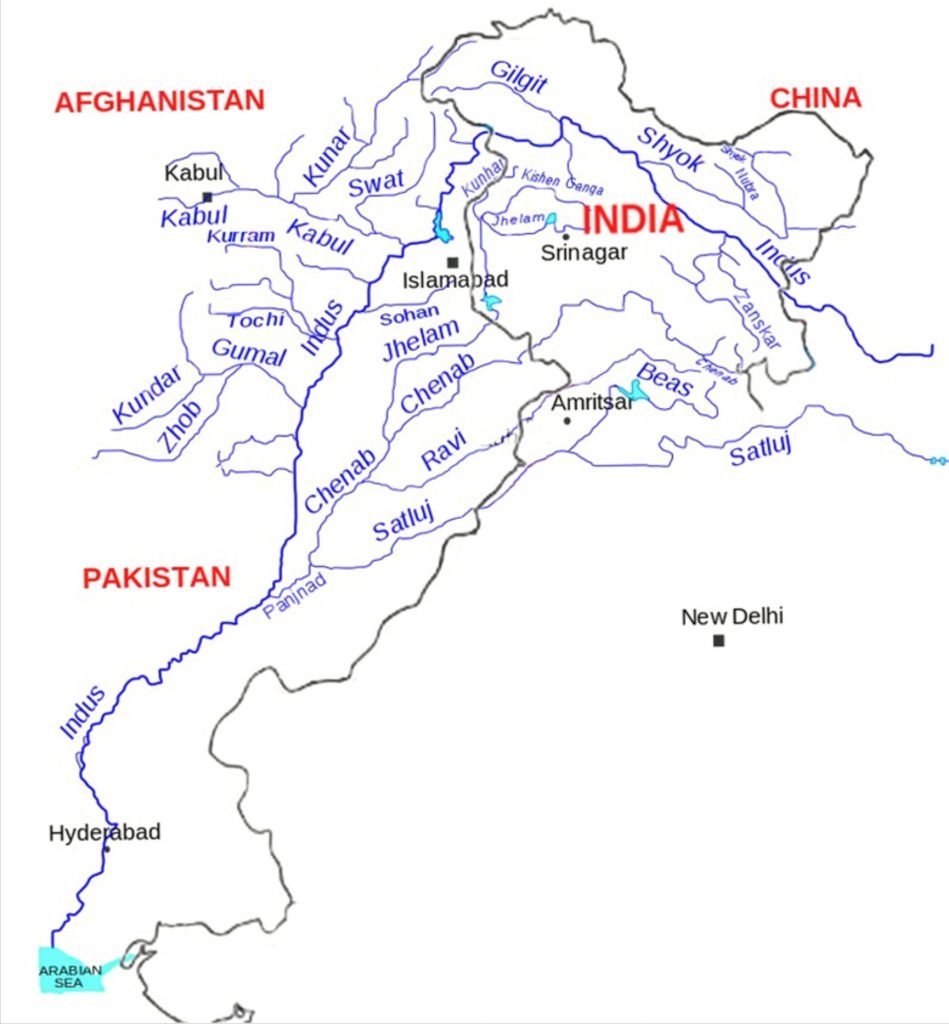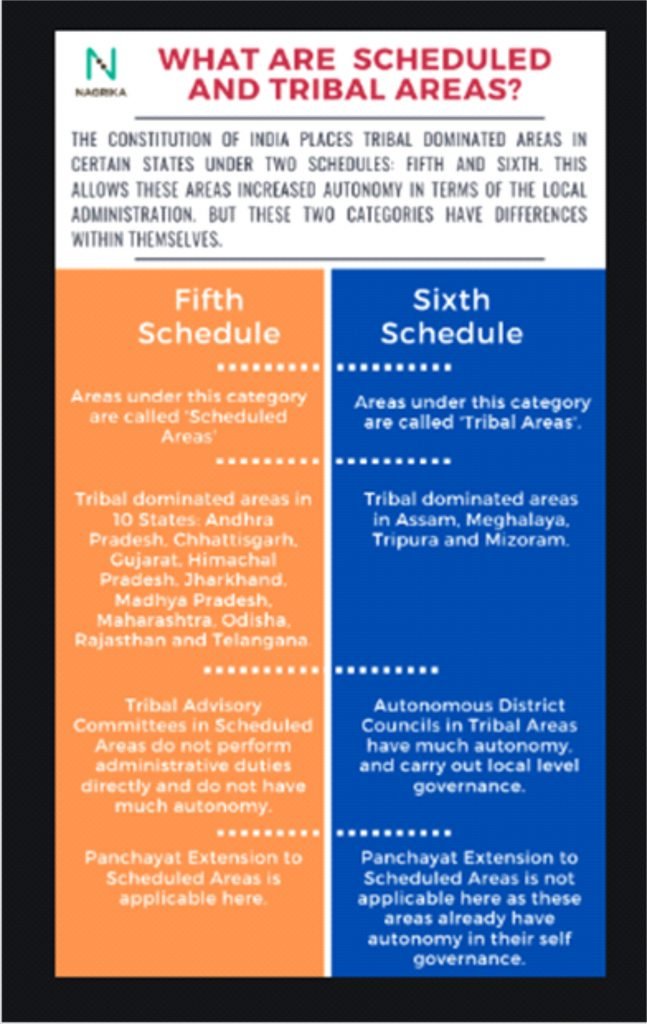Current Affairs (25th March 2021)
National Commission for Allied and Healthcare Professions Bill
CONTEXT:
- Parliament has passed the National Commission for Allied and Healthcare Professions Bill, 2021.
ABOUT:
- The Bill seeks to set up a National Commission for Allied and Healthcare Professions to regulate and standardize the education and practice of allied and healthcare professionals.
- The functions of the proposed National Commission include framing of standards for education and practice, creating and maintaining an online Central Register of all registered professionals, providing basic standards of education, and providing for a uniform entrance and exit examination.
- Under the legislation, only those enrolled in a State Register or the National Register as a qualified allied and healthcare practitioner would be allowed to practice as a allied and healthcare practitioner.
KEY DEFINITIONS
- The Bill defines an ‘allied health professional’ as an associate, technician, or technologist trained to support the diagnosis and treatment of any illness, disease, injury, or impairment. Such a professional should have obtained a diploma or degree under this Bill.
- A ‘healthcare professional’ includes a scientist, therapist, or any other professional who studies, advises, researches, supervises, or provides preventive, curative, rehabilitative, therapeutic, or promotional health services. Such a professional should have obtained a degree under this Bill.
- Allied and healthcare professions that are mentioned in the Bill include professionals working in life sciences, trauma and burn care, surgical and anaesthesia related technology, physiotherapists, and nutrition science.
SIGNIFICANCE:
- The legislation will increase employment opportunities for the allied and healthcare professionals and provide dignity to their valuable works.
- There is an immense demand for the qualified healthcare professionals and the legislation will provide necessary impetus in providing affordable healthcare to the people.
- The Bill is a path-breaking initiative which will transform the healthcare sector in the country.
- The Bill will address the lack of regulatory body for various allied and healthcare professions.
- The legislation will help in achieving the target of providing good health and well being by adopting a patient centric approach.
- This Bill will provide a regulatory framework to the allied and healthcare professionals.
WAY AHEAD:
- There is a need to increase the allocation on health. The provisions pertaining to penalty must be increased so that interest of the people can be safeguarded.
Ship ‘Vajra’
CONTEXT:
- Indian Coast Guard Ship ‘Vajra’ was commissioned in Chennai. This is the sixth in the series of seven Offshore Patrol Vessel constructed by M/s Larsen & Toubro Ltd.
ABOUT:
- The 98 meter ship has been designed and built by M/s Larsen & Toubro Ltd at Kattupalli, Chennai and is fitted with state-of-the-art Navigation and Communication Equipment, Sensors and Machinery.
- The Ship is equipped with state of the art facility and is designed to carry one twin-engine helicopter and four high speed boats including two Rigid Hull Inflatable Boats for swift Boarding Operations.
- The vessel can also be used in Search and Rescue, Law Enforcement and Maritime Patrol.
- It is also capable of carrying Pollution Response Equipment for oil spill response at Sea.
- Vajra will be based at Tuticorin under the Operational and Administrative Control of Coast Guard District (Tuticorin) and will be deployed extensively for surveillance in exclusive economic zones in the Indian Coastal region.
‘Wayside Amenities’
CONTEXT:
- In a major move to improve commuters’ experience on National Highways for both passengers and truckers, the National Highways Authority of India (NHAI) will develop world class ‘Wayside Amenities’ at more than 600 locations across 22 states in the next five years.
- Out of these, 130 are targeted for development in 2021-22. NHAI has already invited bids to develop 120 such wayside amenities.
ABOUT:
- As per plan, wayside amenities will be developed every 30 to 50 kilometer along the current and upcoming Highways and Expressways.
- The amenities will include numerous facilities for passengers such as Fuel Station, Electric Charging Facilities, Food Court, Retail Shops, ATM, Toilets with shower facility, Children Playing Area, Clinic, Village Haat for local handicrafts etc.
- Keeping in view the specific requirements of truckers, separate ‘Truckers Blocks’ will be developed at large amenities that will include Truck and Trailer Parking, Auto Workshop, Truckers Dormitory, Cooking and Washing area, Toilets with showers, Clinic, Eateries and Retail shops .
- NHAI will develop these wayside amenities across the country with a combined area of over 3,000 hectares.
- These will offer huge opportunities for investors, developers, operators and retailers.
- Currently, NHAI is offering Wayside Amenities on Public Private Partnership model for development and operation on existing highways.
- According to the Ministry of Road Transport and Highways, all upcoming greenfield and brownfield National Highway projects will be provisioned to have wayside amenities and logistic parks.
- These wayside amenities will not only go a long way in making highway travel more convenient for commuters but also will provide adequate facilities for rest and refreshment to Highway users.
NEW PRIVACY POLICY OF WHATSAPP
CONTEXT:
- Recently, the Competition Commission of India (CCI) ordered a probe into the new privacy policy of WhatsApp.
ABOUT:
- In a Suo-Motu order on the Updated Terms of Service and Privacy Policy for WhatsApp Users the Anti-trust Watchdog (CCI) said that WhatsApp has prima facie contravened the Competition Act, 2000.
- The order says that WhatsApp through its exploitative and exclusionary conduct, in the garb of policy update violated the provisions of Section 4 of the act.
- It added that the conduct of WhatsApp in sharing of users’ personalised data with other Facebook Companies, in a manner that is neither fully transparent nor based on voluntary and specific user consent, appears prima facie unfair to users.

PERMANENT INDUS COMMISSION (PIC)
CONTEXT:
- After a gap of more than two and half years, Indian and Pakistani delegations began the 116th Meeting of the Permanent Indus Commission in New Delhi.
ABOUT:
- The first day of the Meeting coincided with the National Day of Pakistan (marks Lahore Resolution of 23rd March, 1940).
- The two-day meeting of the Commission is being led on the Indian side by Indus Water Commissioner Pradeep Kumar Saxena.
- The Pakistani delegation is led by Pakistan’s Commissioner for Indus Waters Syed Mohammad Mehr Ali Shah.
- The last meeting of the PIC was held on August 29, 2018.
PIC:
- Bilateral commission consisting of officials from India and Pakistan
- It was created to implement and manage the goals and objectives and outlines of the Indus Waters Treaty (IWT).
- It was set up by the United Nations for resolving any disputes that may arise in water sharing, with a mechanism for arbitration to resolve conflicts amicably.
IWT:
- It was signed in September 1960 with World Bank (then known as the International Bank for Reconstruction and Development) standing guarantee for any dispute resolution.
- It is a water-sharing agreement between India and Pakistan (the then Indian Prime Minister Jawaharlal Nehru and Pakistani President Ayub Khan).
- This is an important treaty and one of the most successful water-sharing agreements to date.
- The treaty gives India 20% of the water from the Indus River System and the rest 80% to Pakistan.
- The use of the natural channels of the Rivers for the discharge of flood or other excess waters shall be free and not subject to limitation by either India or Pakistan, and neither of the countries shall have any claim against the other in respect of any damage caused by such use.
- India got control over the three eastern rivers, which are:
-
- Ravi
- Beas
- Sutlej
- All the waters of the Eastern Rivers shall be available for the unrestricted use of India until the arise of any unwanted situation.
- Pakistan got control over the three western rivers, which are:
- Indus
- Chenab
- Jhelum

SIXTH SCHEDULE
CONTEXT:
- The Union Ministry of Home Affairs (MHA) informed the Lok Sabha that “presently, there is no proposal to implement panchayat system in Sixth Schedule areas of Assam”.
ABOUT SCHEDULE:
- Protects tribal populations and provides autonomy to the communities through creation of autonomous development councils that can frame laws on land, public health, agriculture and others.
- As of now, 10 autonomous councils exist in Assam, Meghalaya, Tripura and Mizoram.
- The specified tribal areas are the North Cachar Hills, KarbiAnglong and the Bodoland Territorial Area in Assam, Khasi Hills, Jaintiya Hills and Garo Hills in Meghalaya, Tribal Areas in Tripura, and Chakma, Mara and Lai districts in Mizoram.
- This special provision is provided under Article 244(2) and Article 275(1) of the Constitution.
CONSTITUTION (125TH AMENDMENT) BILL, 2019:
- Introduced in the Rajya Sabha on February 6, 2019, the Bill provides for elected village municipal councils.
- The Bill that is still active proposes that the State Election Commissions would hold elections to the autonomous councils, village and municipal councils.
- The Bill was introduced in the Upper House so that the legislation remains active even as the House was adjourned sine die before the 2019 general election.
5th AND 6th SCHEDULE OF THE CONSTITUTION;
- The basic thrust of the Fifth and Sixth Schedule of the constitution is the protection of cultural distinctiveness of Tribal.
- Both provides protection to the tribals on account of their economic disadvantages so that they could maintain their tribal identity without any coercion or exploitation.

